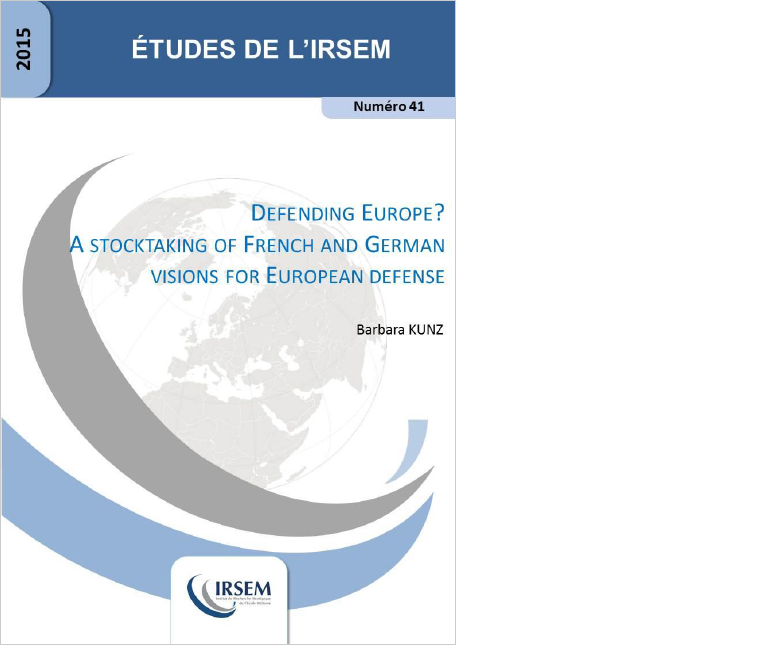
Prénom de l'expert
Barbara
Nom de l'expert
KUNZ
Barbara
KUNZ
Research Fellow
Main research interests
- current affairs in Germany and French-German relations
- German foreign and security policy
- France and Germany in CSDP and NATO
- Ifri Representative for the OSCE Network of Think Tanks and Academic Institutions
- the Weimar triangle and Europe's relations with its Eastern neighbors
- Nordic countries' security policies, notably Sweden's
- Nordic-Baltic security issues
Barbara Kunz has been research fellow at CERFA since April 2015.
She holds a PhD from Stockholm University/Sweden and a Master's degree from the Institut d'Etudes Politiques de Paris. Before joining CERFA, she spent several years working for the Centre for Baltic and East European Studies (Stockholm, Sweden), Bertelsmann Stiftung (Gütersloh, Germany) and Genshagen Foundation (Genshagen close to Berlin, Berlin) respectively. Barbara moreover stayed at the Center for Transatlantic Relations/Johns Hopkins University in Washington DC as well as at the Centre for International Affairs in Warsaw as a visiting fellow.
Languages (for e.g. media requests): English, German, French, Swedish
See more















